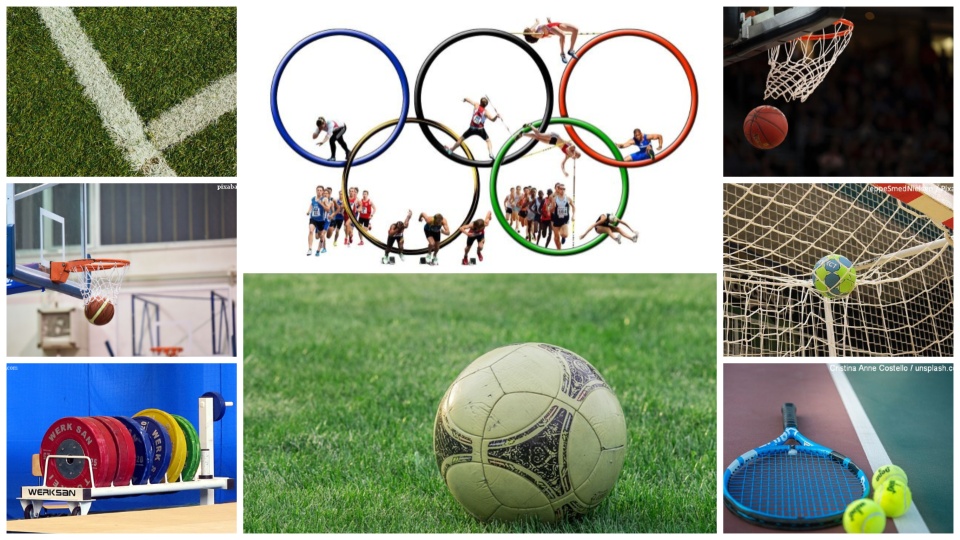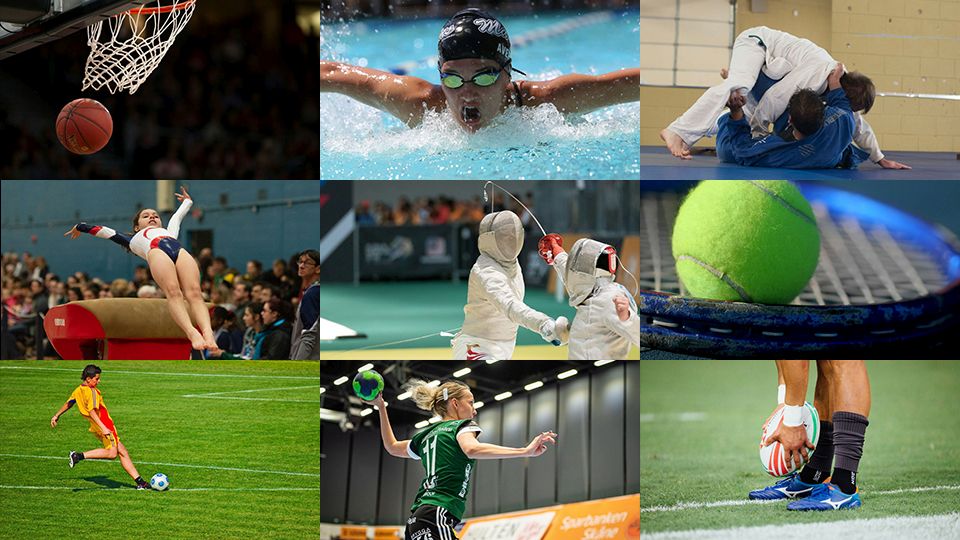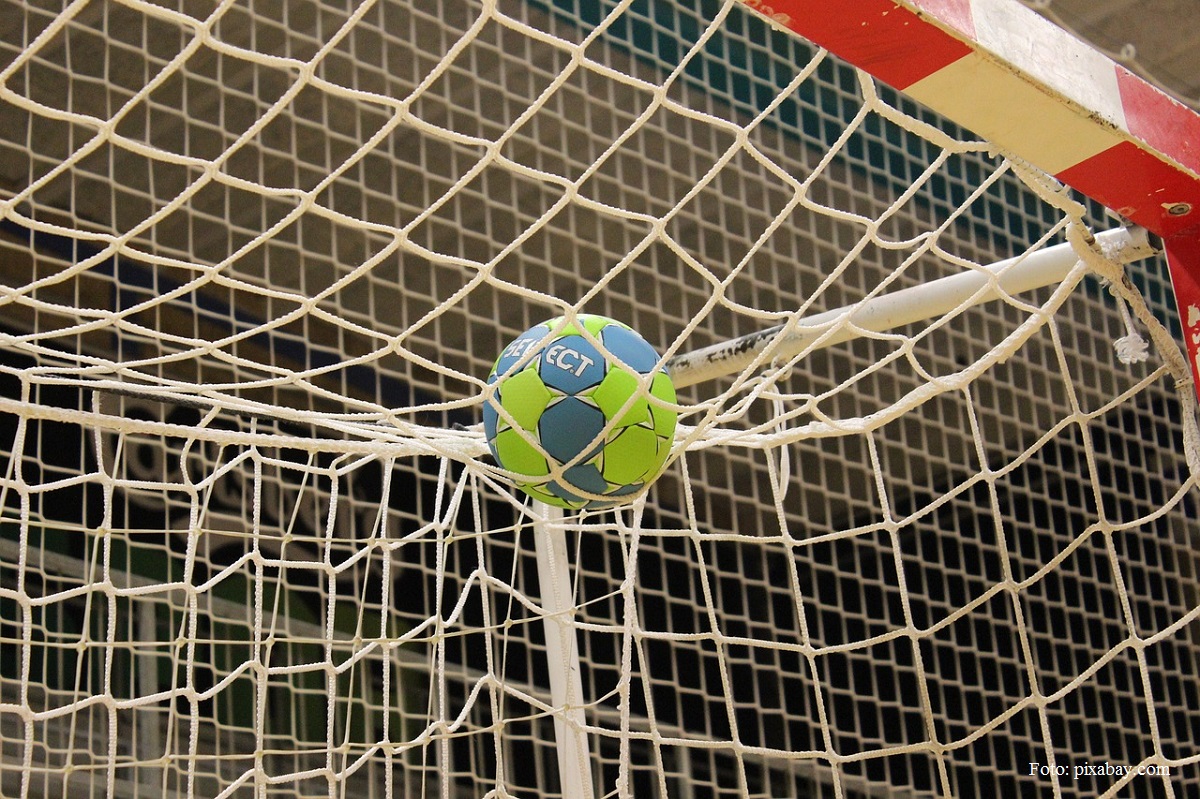The Video Assistant Referee, an option for Romanian football?
The referee is one of the main actors in a football match. In effect, the history of refereeing and the history of football overlap completely.

Newsroom, 25.10.2017, 12:37
A while back, when the king of sports was just an academic discipline in the curricula of a British university, there was no referee whatsoever, as the underlying assumptions regarding a football game was that no true gentleman would wittingly resort to foul play on the pitch. Disputes would be regulated by mutual consent, by the two teams’ captains. Meanwhile, progress has been made to that end, two referees emerged, initially referred to in English as umpires, each of them coming from either team. Disputes between them were mediated by the so-called referee, the forefather of the present-day main referee.
Things were improved even more in 1863, when the English Football Federation, known as the Football Association, set the Rules of the Game. The Set of Rules was adjusted in 1891, when the main referee was granted the role it has today, while the two umpires became sideline referees.
Ever since, changes in the refereeing system have been minor, perhaps save for the stipulation of the back-up referee and the extra assistants, positioned in close vicinity to each of the two posts. However, they are not part of the standard refereeing crew. Today, they can only be found in major competitions. The thing is that referees have often been targeted by footballers, fans or the media, and not for a good reason. There were quite a few cases when the referees sealed the fate of a match, taking uninspired decisions.
However, things took an interesting turn, once the video technologies have emerged, as they can clearly expose some of the errors in refereeing. Moreover, video technology can be very helpful, just as it happens in rugby. But when it comes to using video technologies in football, they have been fiercely opposed to by football legends such as Pelé, Franz Beckenbauer or Michel Platini, who have repeatedly got vocal, standing up against the implementation of the new technology. Notwithstanding, in September 2017 FIFA president Gianni Infantino was overtly in favor of video assistant referees. In Paris, during the presentation of the World Women Football Championship, to be held in France in 2019, Infantino said that even if there were little things to be amended, the overall result was extremely positive, to the extent that in the long run, the new system allowed the referee to correct his errors.
Romania has been in favor of the video assistant referee system (VAR). The President of the Professional Football League, Gino Iorgulescu, who this past Monday was reelected for a second, five-year term in office, said in a press conference that this was a must in Romania’s League One. Furthermore, Iorgulescu emphasized there was also a UEFA Directive stipulating that the VAR system be implemented gradually. The only remaining problem is that of funding, required for the implementation of the initiative, for which around 1.8 to 2 million Euros are needed.





























